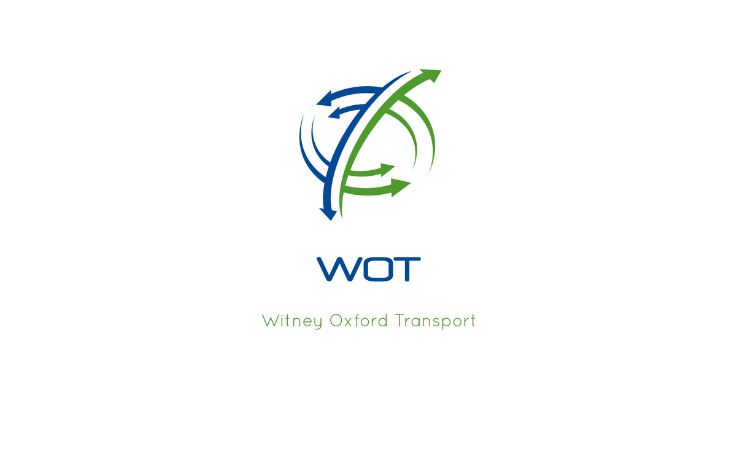E-Rail has been commissioned by the Witney Oxford Transport Group to bring its ground-breaking Land Value Capture (LVC) methodology to a new transport scheme in Oxfordshire.
This adds to a growing portfolio of studies on the applicability of LVC throughout the UK, and after E-Rail successfully worked with Northumberland County Council to secure the first true LVC in the UK, generating up to 25% of the cost of reopening the Northumberland Line.
George Hazel, Director of E-Rail, said: ““We look forward to supporting Witney Oxford Transport Group develop its funding strategy for the project to incorporate Land Value Capture.
“Witney Oxford Transport Group has a strategic vision to provide a new, high-capacity and sustainable rail connection between the west of the county and Oxford, and is currently campaigning for the development of the project with an outstanding bid to the DfT’s Restoring Your Railways Ideas Fund.”
Charlie Maynard, Chair, Witney Oxford Transport Group, said: “We’re delighted to be working – supported by Railfuture – with the E-Rail team.
“There is a great opportunity here to obtain a share in the uplift in value of new housing along the A40 corridor required to meet local growth targets over the next ten years to help fund the construction of the railway project.”




